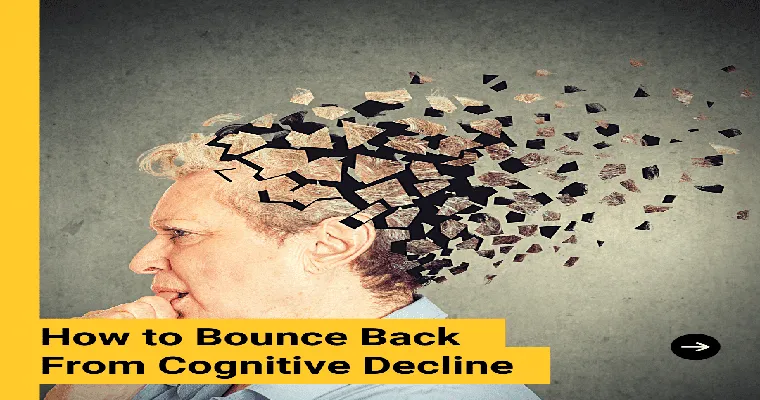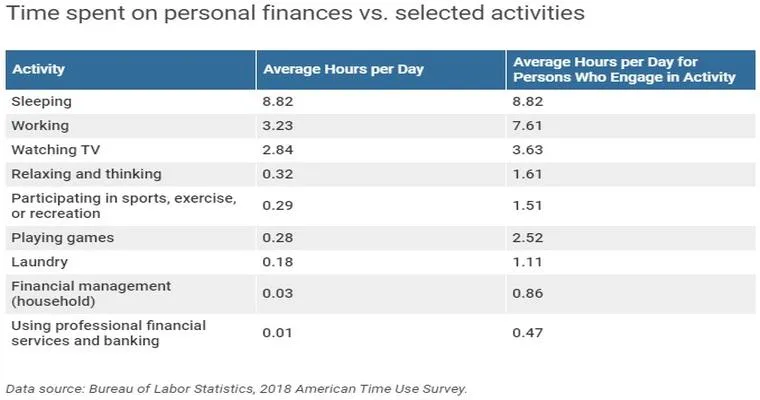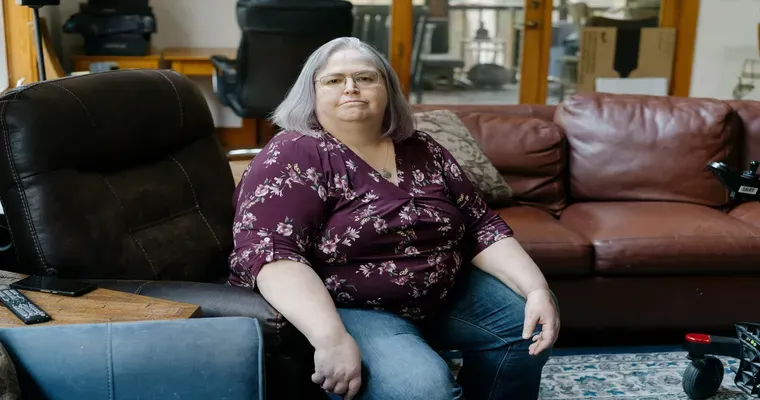As families face the challenges of "cognitive decline" in their loved ones, many are concerned about the impact of "alcohol consumption" in care homes. If your dad is drinking in his "care home", you may wonder if this behavior is contributing to his mental health issues. Understanding the relationship between alcohol use and cognitive health is crucial for families navigating these difficult situations.
Cognitive decline refers to a decrease in cognitive abilities, including memory, problem-solving skills, and decision-making. It is often associated with conditions like "Alzheimer's disease" and other forms of dementia. Research has shown that "alcohol consumption", especially in older adults, can have significant effects on mental health. This is particularly concerning for individuals already experiencing cognitive challenges.
In many care homes, the environment is designed to support residents' social interactions, which can sometimes lead to increased drinking. While moderate alcohol consumption may not pose immediate risks, excessive drinking can lead to several health problems, including "dehydration", "poor nutrition", and heightened risks of accidents. These factors can exacerbate cognitive decline and overall health deterioration.
Studies suggest that heavy drinking can damage brain cells and impair cognitive function. The effects of alcohol on the brain are particularly pronounced in older adults, as their bodies may metabolize alcohol differently. Additionally, individuals with pre-existing conditions, such as "dementia", may be more susceptible to the negative effects of alcohol.
If you suspect that your dad's drinking is contributing to his cognitive decline, it's essential to take action. Start by discussing your concerns with the care home staff. They can monitor his drinking habits and provide insight into how alcohol may be affecting his health. It might also be beneficial to consult with a healthcare professional who specializes in geriatric care. They can conduct a thorough assessment and recommend appropriate interventions, which may include reducing alcohol intake or exploring alternative therapies to support cognitive function.
In conclusion, if your dad is drinking in his care home, it is essential to consider the potential impact on his cognitive health. Understanding the relationship between alcohol consumption and cognitive decline can help you make informed decisions about his care. Open communication with care home staff and healthcare professionals can lead to better outcomes and improved quality of life for your loved one. Prioritizing his health and well-being is key in navigating these challenging circumstances.





